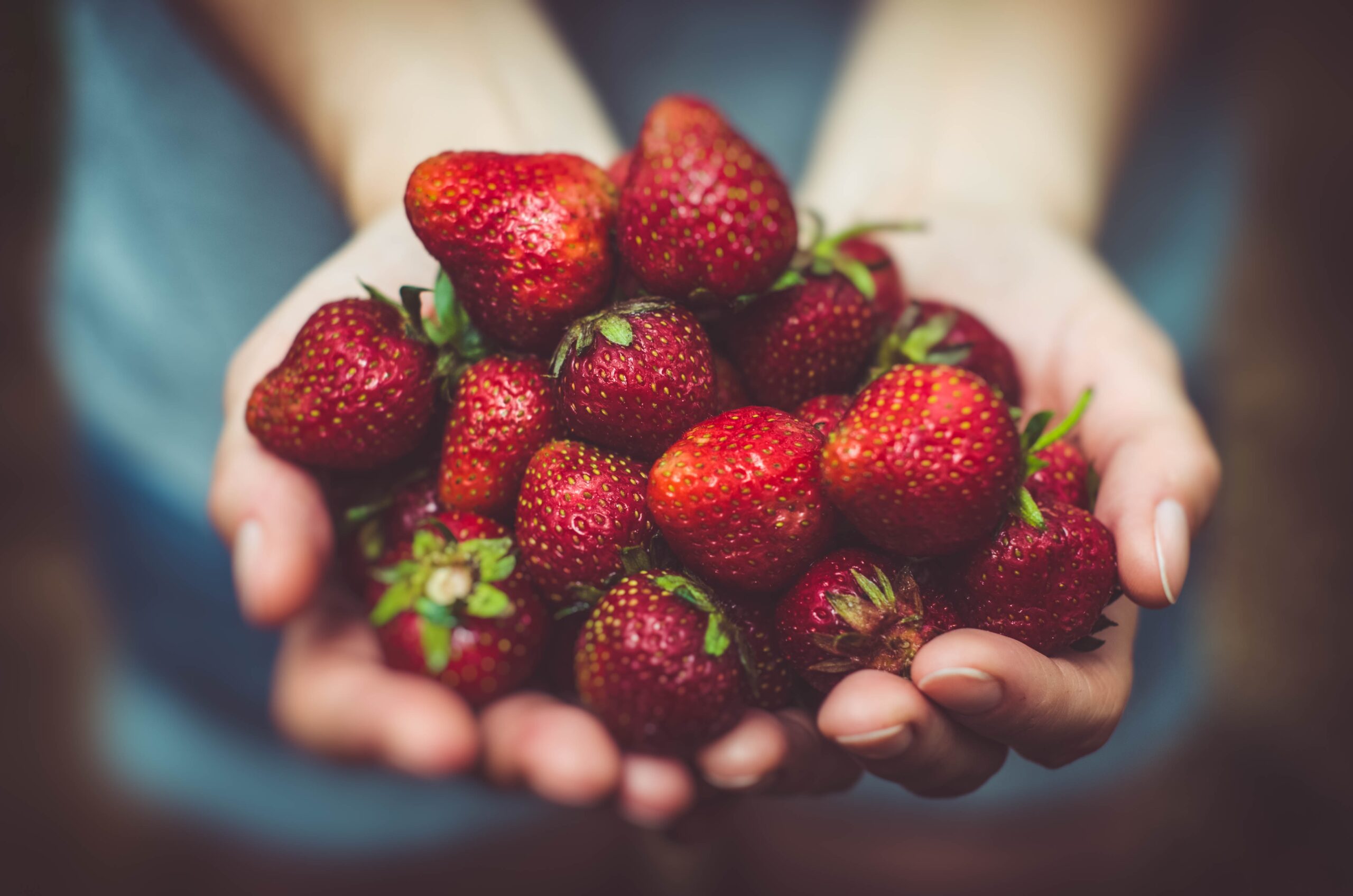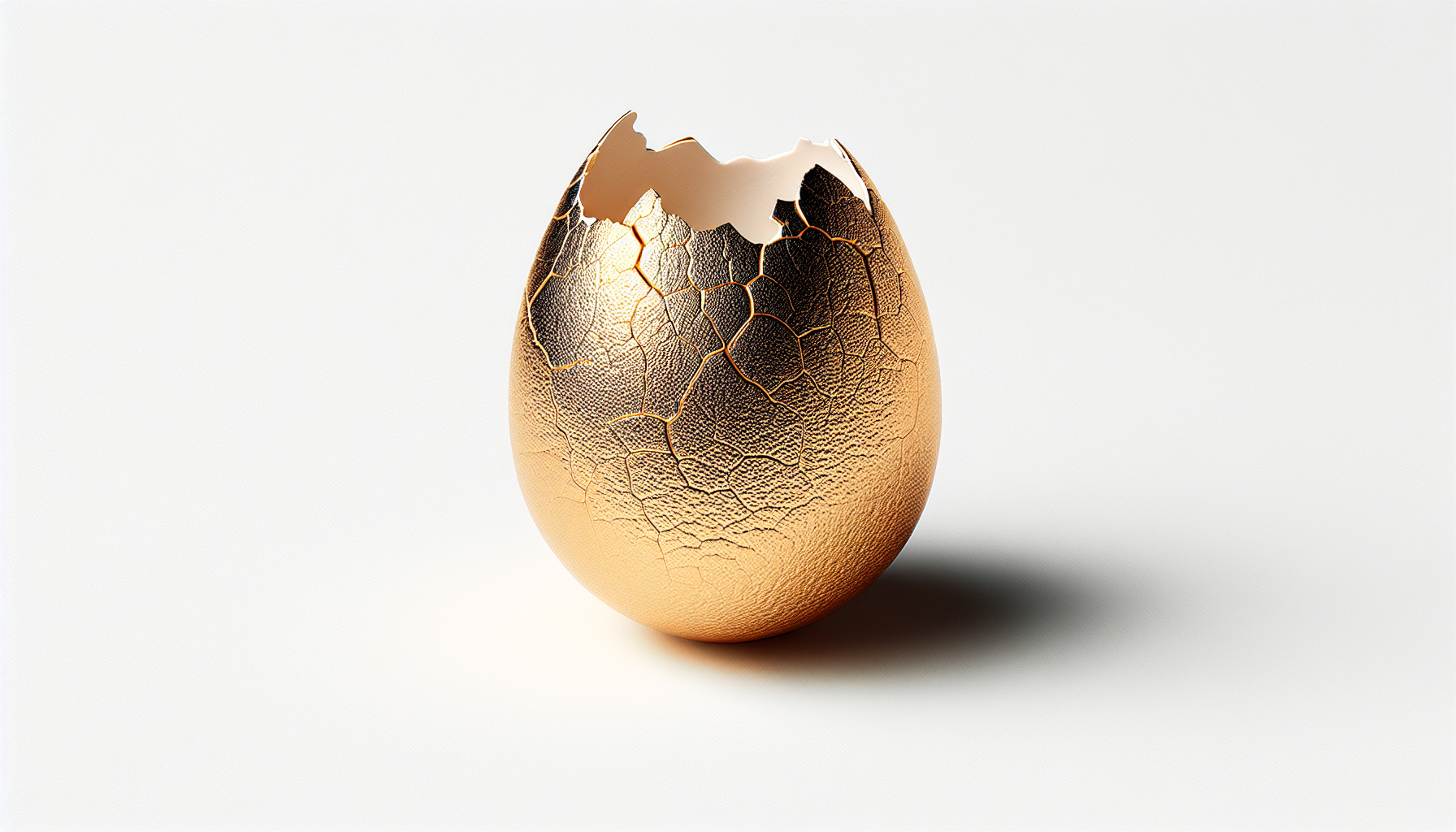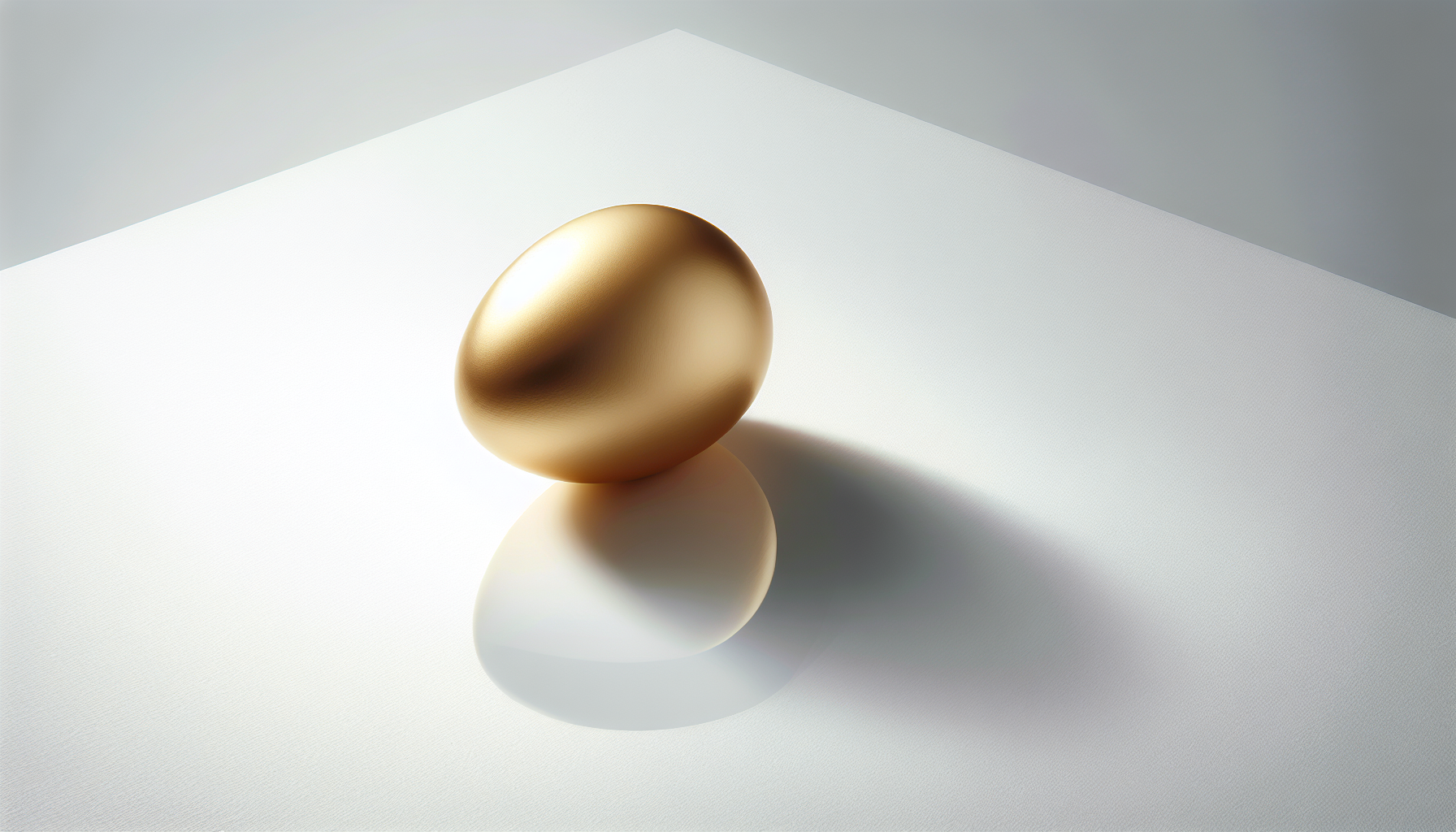If you’ve ever found yourself wondering if it’s safe to share your hard boiled eggs with your feline companion, you’re not alone. As loving pet owners, we always want to ensure our furry friends are getting the best nutrition possible. So, let’s explore whether or not cats can enjoy this protein-packed treat and what precautions you should take when considering feeding them hard boiled eggs.
Can Cats Eat Hard Boiled Eggs
Nutritional Value of Hard Boiled Eggs for Cats
When it comes to the nutrition of our furry friends, we often wonder whether certain human foods are safe for them to consume. One such query that frequently arises is whether cats can eat hard boiled eggs. Well, the good news is that hard boiled eggs can indeed be a healthy addition to your cat’s diet, as they offer various nutritional benefits.
Protein Content
One of the key reasons why hard boiled eggs can be beneficial for cats is their high protein content. Cats are obligate carnivores, meaning they thrive on a diet that primarily consists of animal-based proteins. Hard boiled eggs provide a significant amount of protein that can support your cat’s muscle development and overall health.

This image is property of images.unsplash.com.
Vitamins and Minerals
Apart from being a great source of protein, hard boiled eggs also contain essential vitamins and minerals that can contribute to your cat’s well-being. These include vitamins such as vitamin A, vitamin D, and vitamin B12, as well as minerals like iron and selenium. These nutrients play a vital role in various bodily functions, from maintaining healthy eyes and skin to supporting the immune system.
Potential Benefits of Feeding Hard Boiled Eggs to Cats
Now that we know about the nutritional value of hard boiled eggs for cats, let’s explore some of the potential benefits they can offer your feline friend.

This image is property of images.unsplash.com.
Protein Source
As mentioned earlier, hard boiled eggs are a fantastic protein source for cats. Protein is necessary for cats to build and repair tissues, produce enzymes and hormones, and support a healthy immune system. By incorporating hard boiled eggs into your cat’s diet, you can ensure they receive a good amount of high-quality protein.
Improved Coat and Skin
Another benefit of feeding your cat hard boiled eggs is that they can contribute to a lustrous coat and healthy skin. The high protein content, along with essential fatty acids present in eggs, helps promote a shiny and soft fur texture. Additionally, the vitamins and minerals in eggs can help maintain healthy skin, reducing the occurrence of dryness and irritations.

This image is property of images.unsplash.com.
Eggs as a Treat
Feeding hard boiled eggs to your cat can also make for a great treat or occasional snack. Cats, like all animals, appreciate a change in their diet and relish the taste of something different. Offering them a piece of hard boiled egg as a treat can bring joy to their palate while providing a dose of nutrition at the same time.
Potential Risks and Considerations
While hard boiled eggs can be a healthy food option for cats, it is important to consider a few potential risks and take certain precautions.

Allergies
Just like humans, cats can develop allergies too, and eggs are known to be a common allergen for some cats. If you have never given your cat eggs before, it is best to introduce them slowly and observe any signs of an allergic reaction. If you notice any symptoms like vomiting, diarrhea, or excessive itching, it is advisable to consult your veterinarian.
Digestive Issues
Another consideration when feeding hard boiled eggs to your cat is their digestive system. Cats have specific dietary requirements, and introducing new foods abruptly or in large quantities can lead to digestive upset. Start by offering small amounts of hard boiled egg and closely monitor your cat’s digestion. If there are any signs of gastrointestinal discomfort, it may be best to avoid feeding eggs to your feline friend.

Moderation and Balanced Diet
As with any additional food items, moderation is key when it comes to feeding hard boiled eggs to cats. While they offer various nutritional benefits, they should not replace a balanced and complete cat food diet. Hard boiled eggs can be incorporated as an occasional supplement or treat alongside their regular meals to ensure your cat receives a well-rounded diet.
Preparing Hard Boiled Eggs for Cats
When it comes to preparing hard boiled eggs for your cat, there are a few considerations to keep in mind.
Removing the Shell
Before serving hard boiled eggs to your cat, it is crucial to remove the shell. Cats primarily rely on their teeth and jaws to break down food, and the shell can pose a choking hazard or damage their teeth. Peeling the shell off the egg ensures that your furry friend can consume the egg easily and avoid any potential harm.
Serving Size
The proper serving size of hard boiled eggs for cats depends on various factors like age, weight, and overall health. As a general guideline, you can offer small, bite-sized pieces of hard boiled egg as a treat or mix it into their regular food. Consulting with your veterinarian can provide you with a more personalized recommendation based on your cat’s specific needs.
Feeding Frequency
While hard boiled eggs can be beneficial for cats, it is important not to overindulge them. The frequency of feeding hard boiled eggs should be moderate to prevent any potential digestive issues. Depending on your cat’s overall diet and health, incorporating hard boiled eggs into their meal plan once or twice a week should be sufficient.
Cooking Methods to Avoid
Although hard boiled eggs are generally safe for cats, it is essential to avoid certain cooking methods that can introduce harmful elements. Avoid seasoning the eggs with salt, spices, or other additives, as these can be harmful to cats. Additionally, refrain from using cooking methods like frying or poaching, as they typically involve the use of oils or fats that may not be ideal for your cat’s health.
Alternatives to Hard Boiled Eggs
If you find that hard boiled eggs do not suit your cat’s taste or if your cat has specific dietary restrictions, there are alternative sources of protein and nutrients to consider. High-quality commercial cat foods often contain a balanced blend of essential nutrients that can fulfill your cat’s dietary requirements. However, it is always recommended to consult with your veterinarian for personalized recommendations.
Conclusion
In conclusion, hard boiled eggs can be a beneficial addition to your cat’s diet, thanks to their high protein content and essential vitamins and minerals. They can contribute to improved coat and skin health while serving as a tasty treat for your feline friend. However, it is essential to consider potential risks such as allergies and digestive issues and introduce eggs in moderation. By following these guidelines and consulting with your veterinarian, you can provide your cat with a well-rounded and nutritious diet that includes the occasional indulgence of hard boiled eggs.

